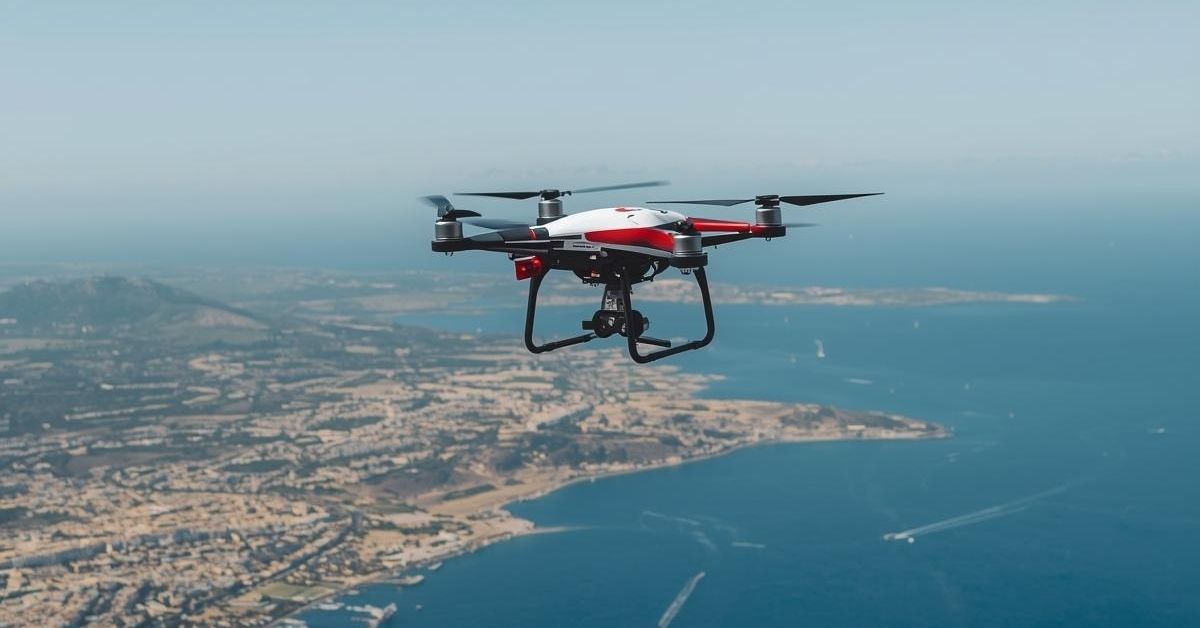The United States is making plans to share as many as 60 million doses of the Vaxzevria (AstraZeneca) vaccine with the rest of the world, the White House said on Monday.
The doses are expected to be able to be exported in the coming months, following a federal safety review and will come from the US stockpile compiled despite that US medicines regulators have not yet approved the company’s version of the COVID vaccine for public use.
10 million doses of the vaccine could be released when the US Food and Drug Administration (FDA) completes its review in coming weeks. An additional 50 million doses are in various stages of production.
The US announcement comes as the European Commission announced on Monday that it has started legal action against AstraZeneca over delivery shortfalls of its COVID vaccine.
The lawsuit claims that some terms of the initial contract between the EU and the manufacturer have “not been respected and the company has not been in a position to come up with a reliable strategy to ensure the timely delivery of doses”.
AstraZeneca and the EU executive have engaged in a bitter dispute since January, when the pharmaceutical company revealed it would be able to deliver 25 per cent of the 100 million doses pledged to the bloc, though this was later revised up to 40 per cent.
Previously this month, after debating a six-week ban on COVID vaccine exports, Brussels settled short of a ban, deciding instead on pressuring vaccine manufacturers to reprioritise shipments to the EU.
While the EU’s grapples with its stuttering vaccine rollout, Malta continues to buck the trend in its rollout. More than 100,000 adults in Malta have officially received both doses of the vaccine, and a total of 313,279 doses of the vaccine have been administered, as of Monday.
Aircraft movements in MIA rise by 9.7% in January
A strong start to 2026 for the international airport
Firefighters battle industrial fire in Birkirkara
The CPD is urging the public to avoid the area
Health Ministry launches tender for Malta-Gozo drone service
The drones will deliver monoclonal antibodies from Mater Dei to the Gozo General Hospital






